Being plant-based doesn’t have to be expensive! This is a very common misconception because all the products hitting the shelves that are processed plant-based versions of popular things (burgers, ice creams, yogurts etc) have a pretty big price tag on them. But avoiding those and focusing on WHOLE foods is the key to keeping those grocery bills lower. Here are a few other tips to help you out:
Create a meal plan
You’re much less likely to eat out or impulse buy convenience foods if you have a plan. You’re also less likely to overbuy certain items that may end up getting wasted
Lean into Whole Foods
Like I said earlier, this is the biggest piece. Those processed plant-based foods are fun to eat and it’s nice that more options are there making it easier for people to cut back animal products, but enjoy them as little treats here and them rather than centering your diet around them. Some of the cheapest foods you can buy are rice, bananas, potatoes, oats and beans – some plant-based staples for sure!
Shop in Season
When you can, buy produce when it’s in season. It will be much cheaper. For out of season stuff, try frozen or canned foods, depending on the type of recipe you’re using. A good way to avoid having to buy out-of-season is to look at your meal plan and make sure it’s “seasonally appropriate” too. I wouldn’t try to make butternut squash soup in the summer and maybe those fresh blueberries in your waffles can be replaced with frozen ones in the winter time.
Make Recipes from Scratch
This can be a tradeoff because it takes more time and time is money. BUT it does save money. Making your own sauces can be as simple as whisking a few ingredients in a bowl while your food cooks. And putting your food processor to work to make your own almond butter or tahini can save tons of money if you consume a lot of those things.
Buy in Bulk and Batch Cook
Bulk sections are life-savers! You can buy exactly what you need, whether its large or small quantities. Or become a member of one of those bulk warehouse stores like Costco or Sam’s club. You can get great deals on some of the pricier things that are relatively shelf-stable so you don’t have to worry about using up a huge quantity in a short time. Things like almond flour, pure maple syrup, nuts and seeds, and rice are all good things to buy at these stores. You just have to hope you have space to store it all! Then of course batch cooking helps cut down your prep time an dlike I said before time is money. Use all those bulk ingredients to cook huge batches of something. If you’re not going to eat it all within the weak, many recipes are freezer-friendly. This makes it easier to pull something out to thaw when you didn’t have time to meal prep instead of having to eat at a restaurant.
In conclusion, it is entirely possible to keep your grocery bill smaller on a plant-based diet, it may just require a bit more of your time. As you practice these tips, you’ll notice you get more efficient with the planning, shopping and cooking so it is well worth the initial time investment!
Eating more plants can come with its challenges. There’s a lot of nutrition noise out there, everyone has an opinion, and it can be confusing to figure out what works best for YOU. Working through these challenges and learning how to easily incorporate more plant-based foods into your diet and lifestyle can be helpful.
Working with a plant-based dietitian to guide you through your unique journey and surrounding yourself with other like-minded people who are on a similar journey can be monumental. When you join my nutrition coaching program, you’ll get a highly customized, one-on-one experience to help you confidently and sustainably eat foods that taste good and make you feel good.
Click the button below to learn more about my approach and see what other clients have to say.






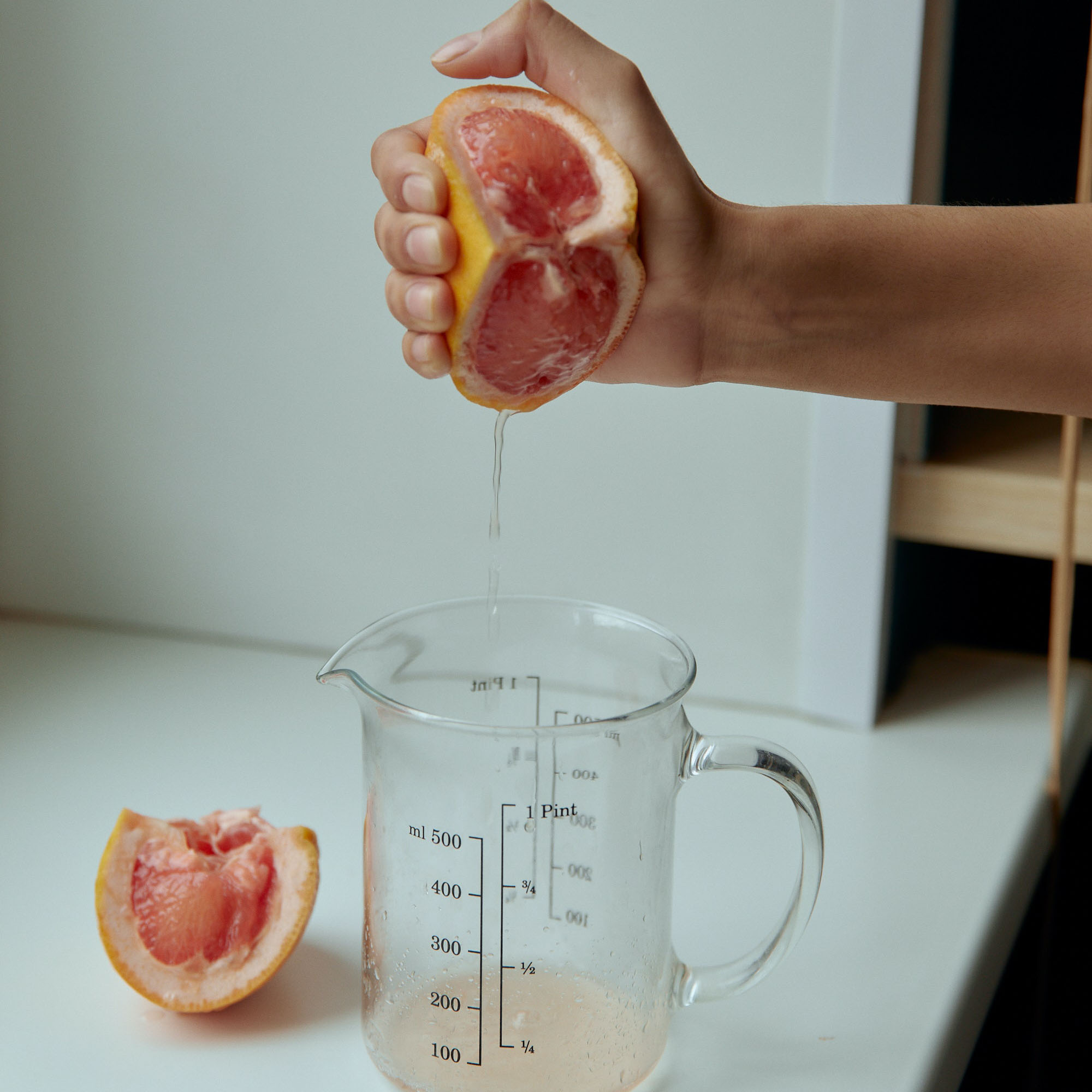

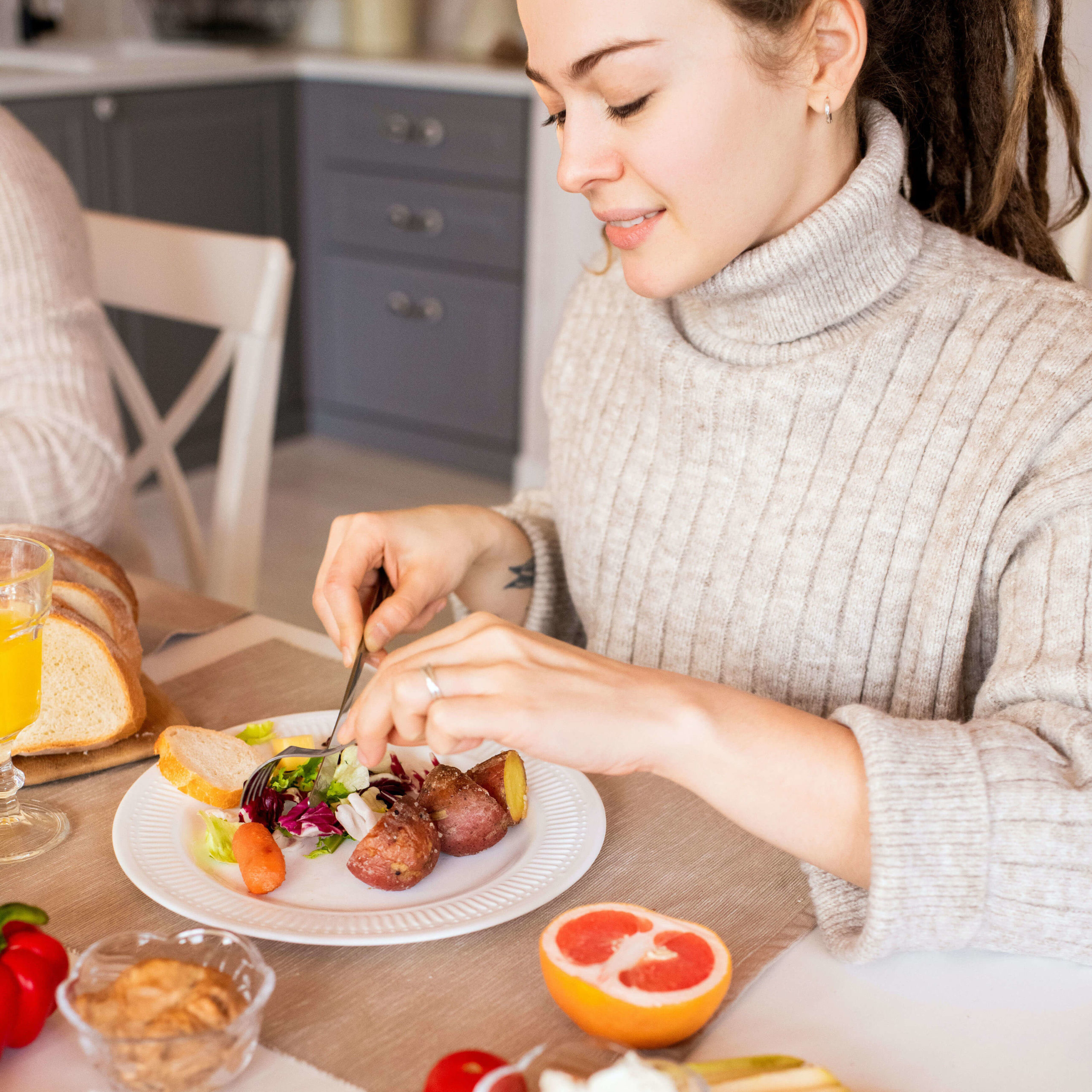



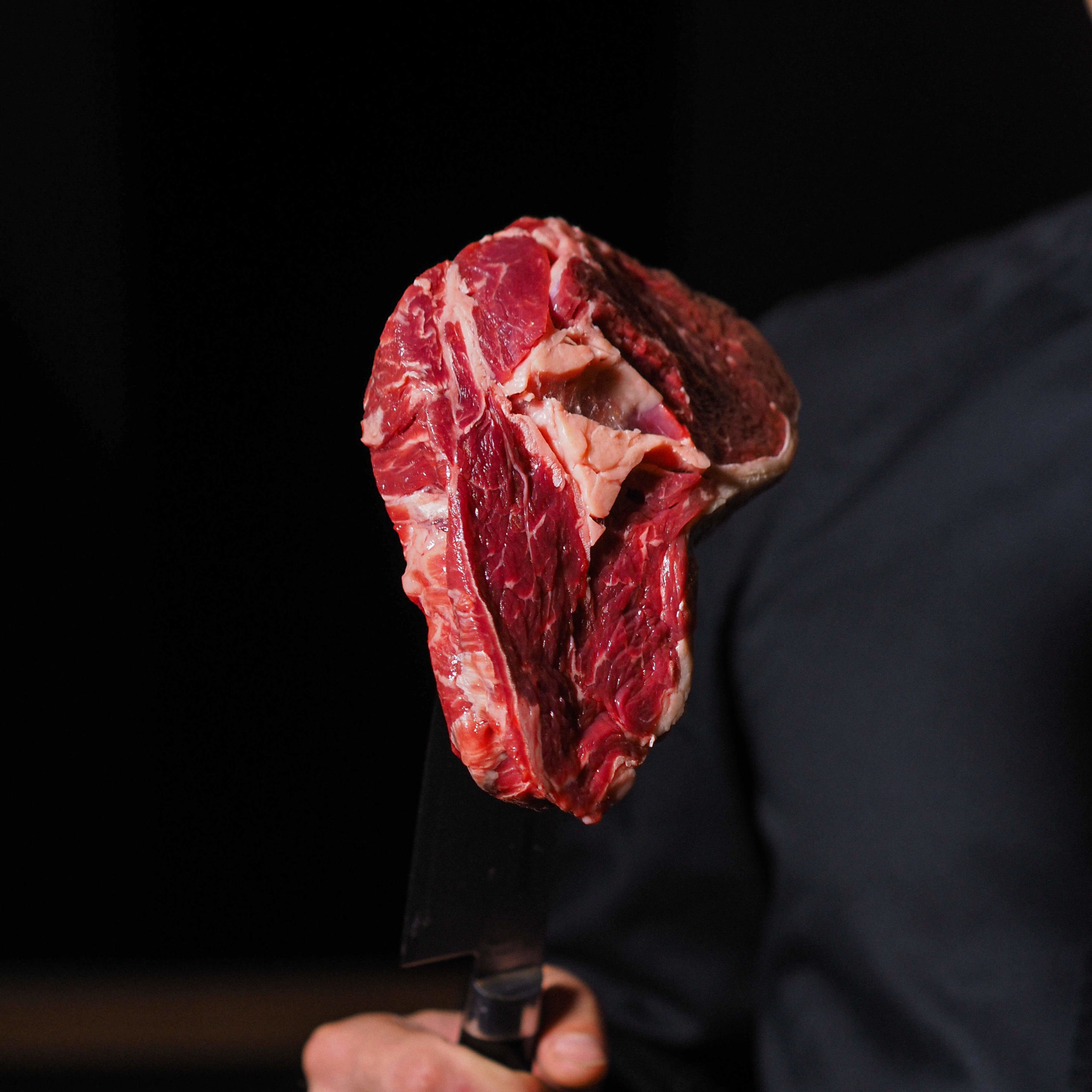

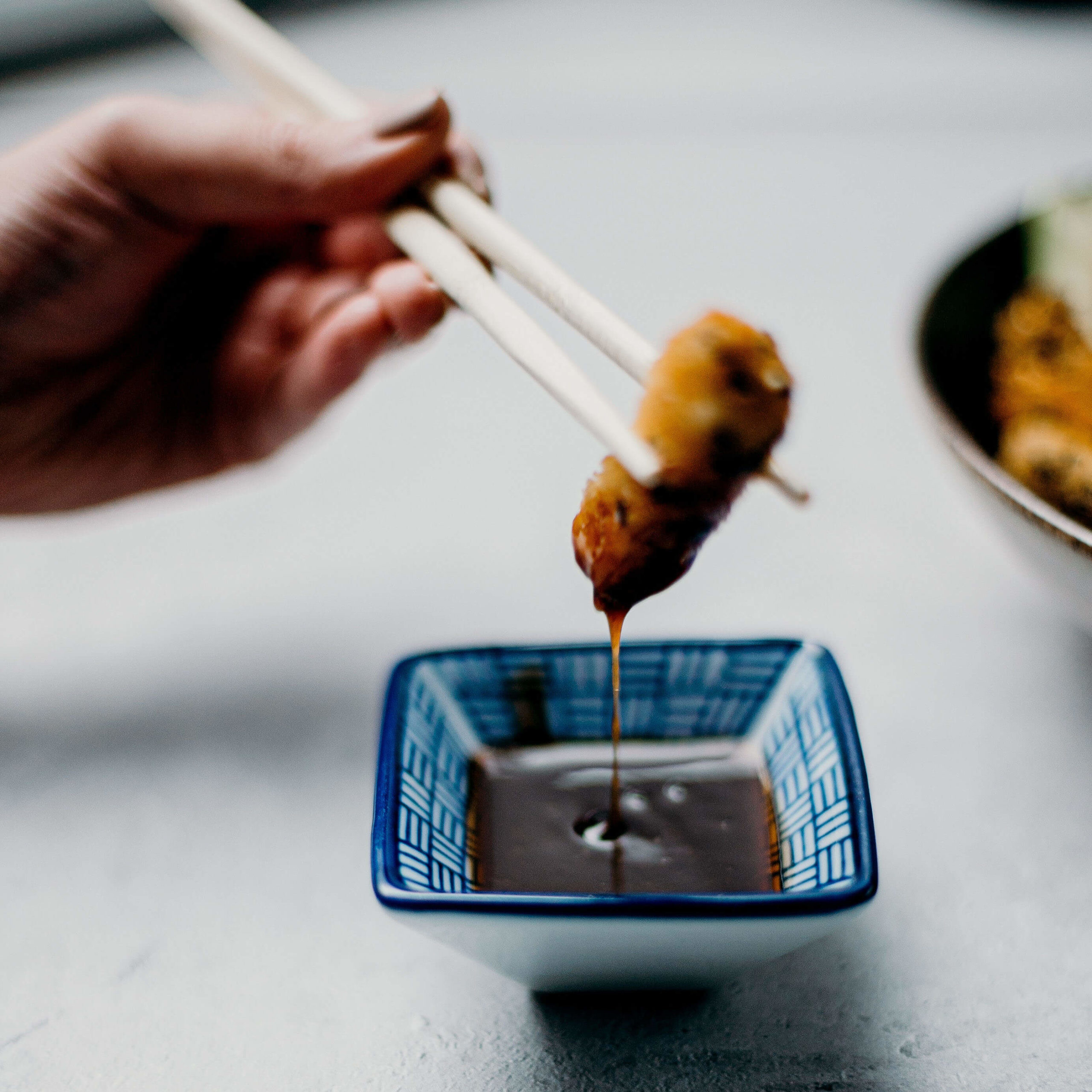

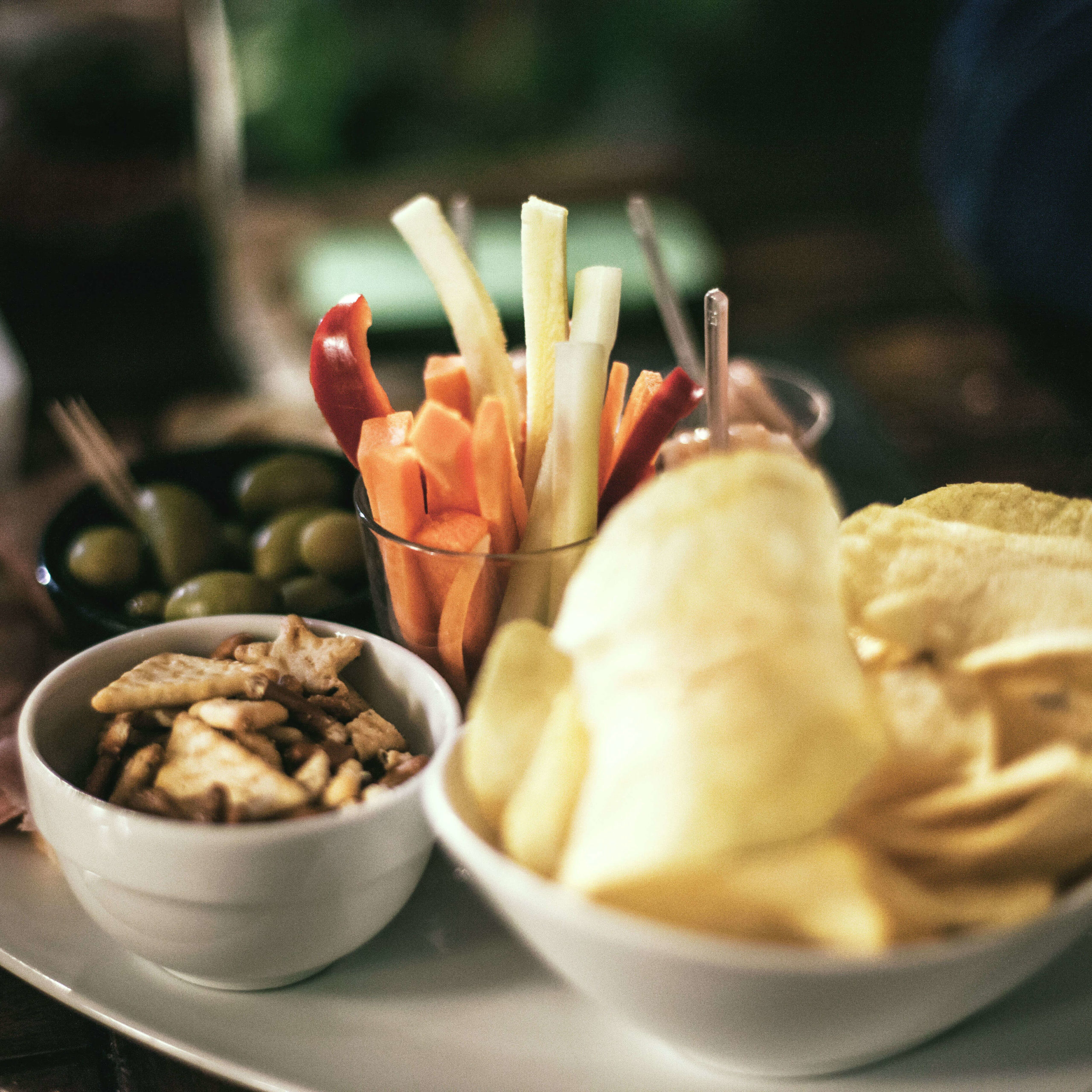

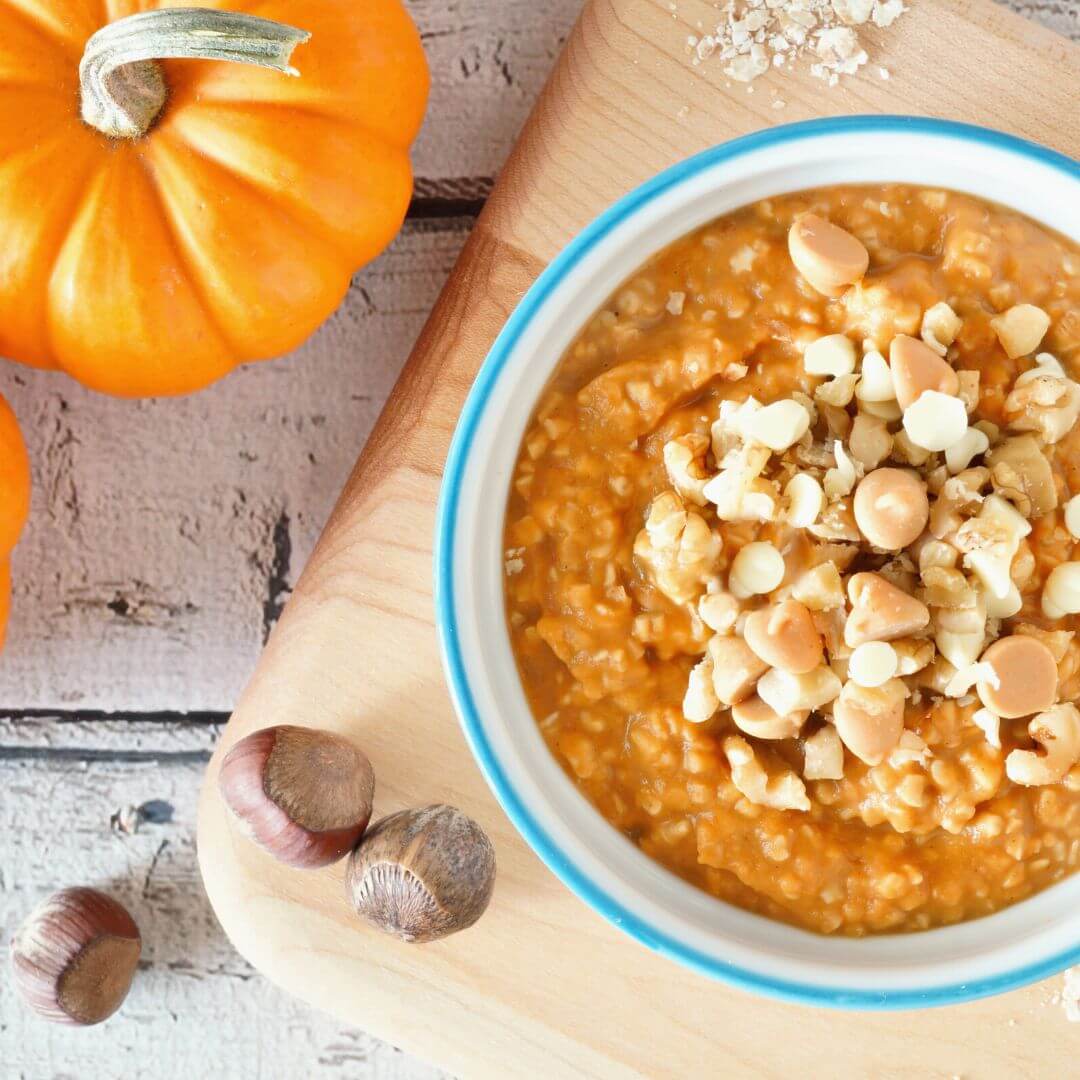
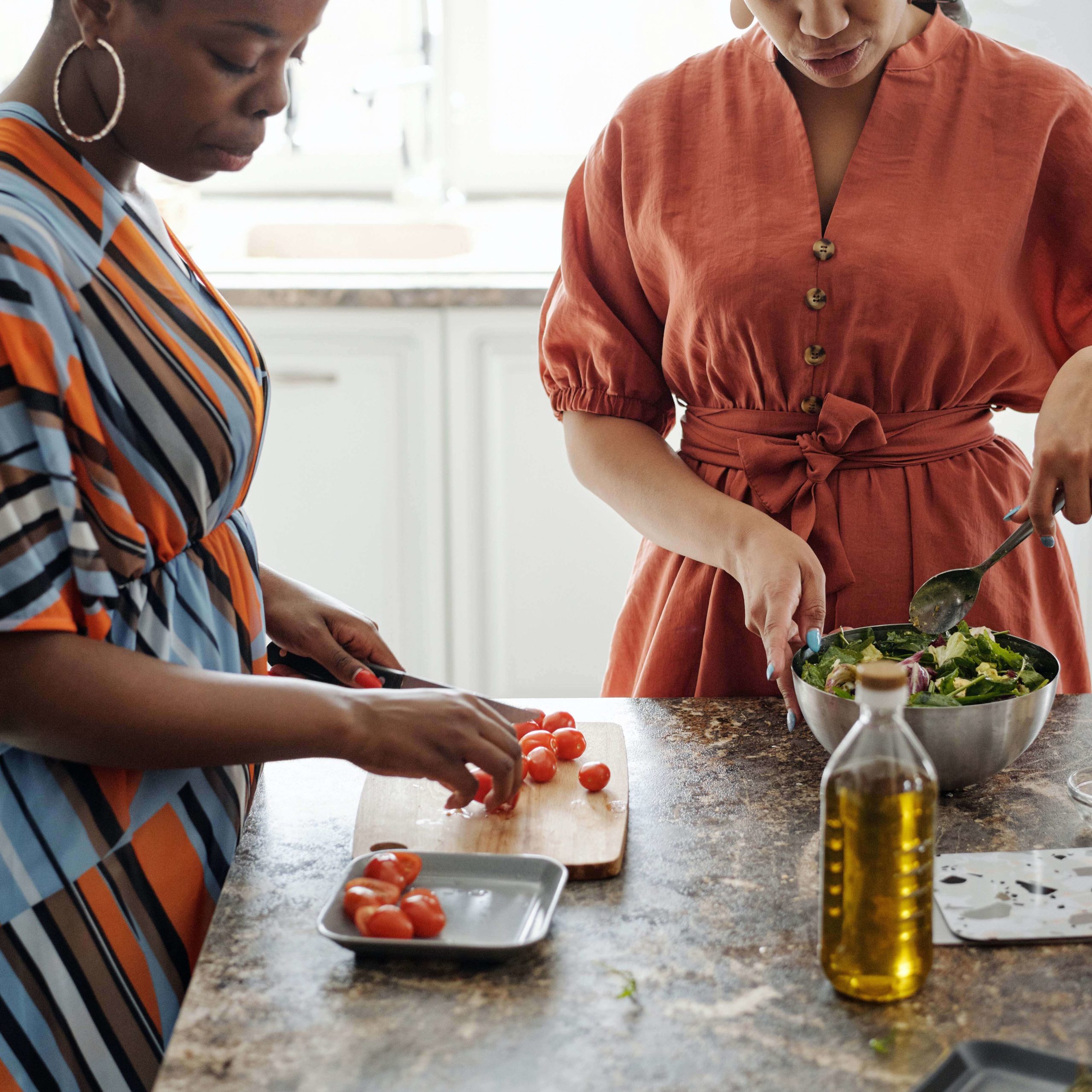
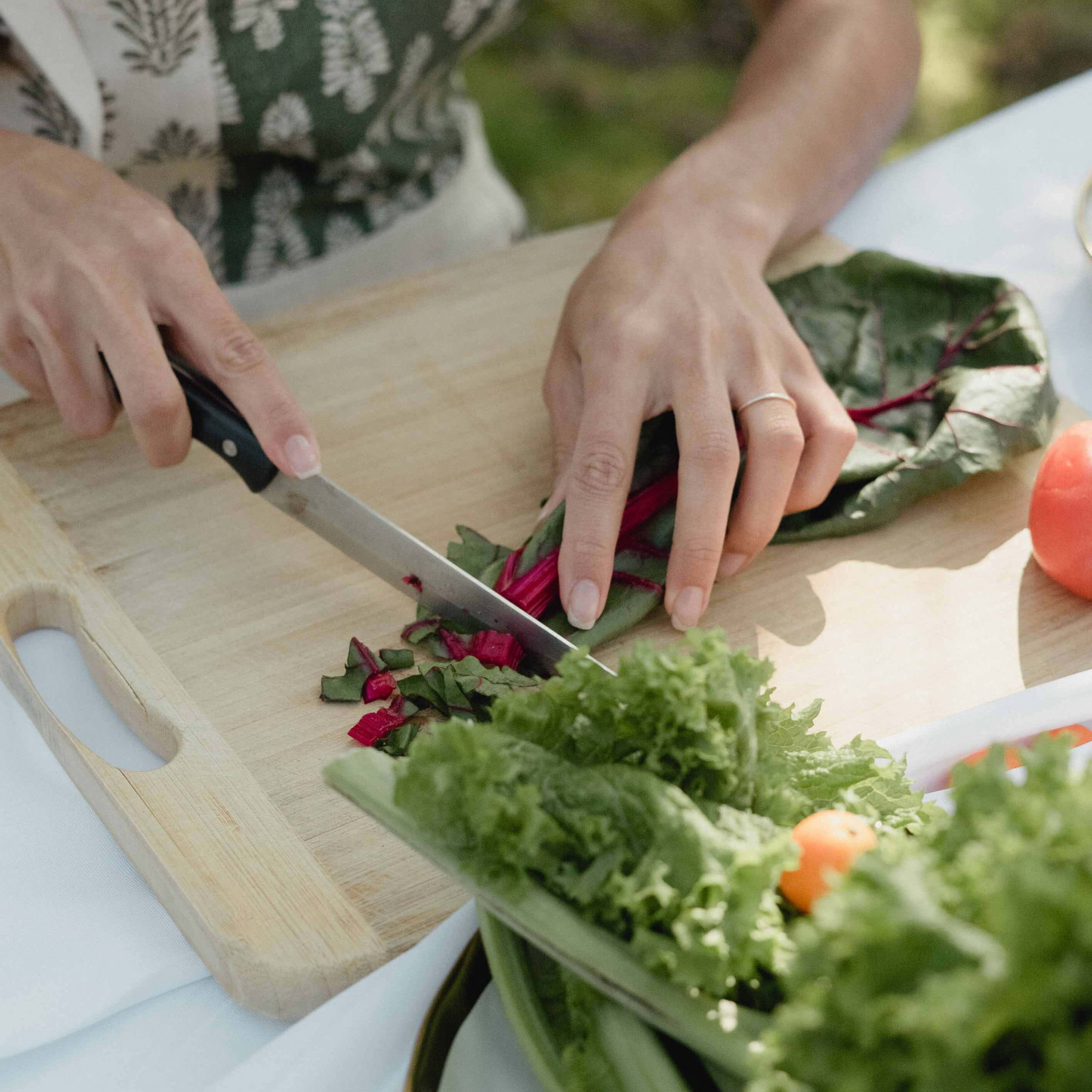

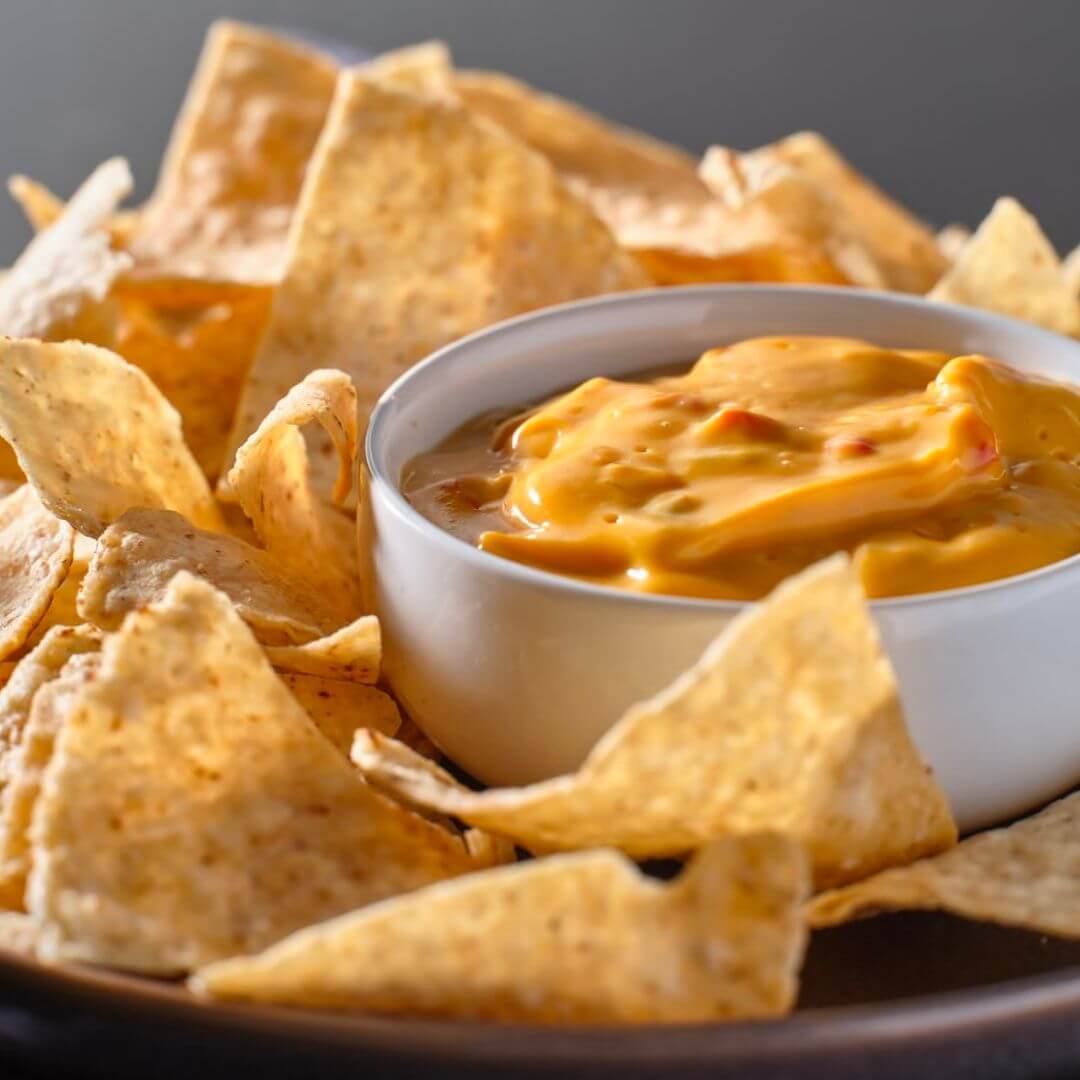
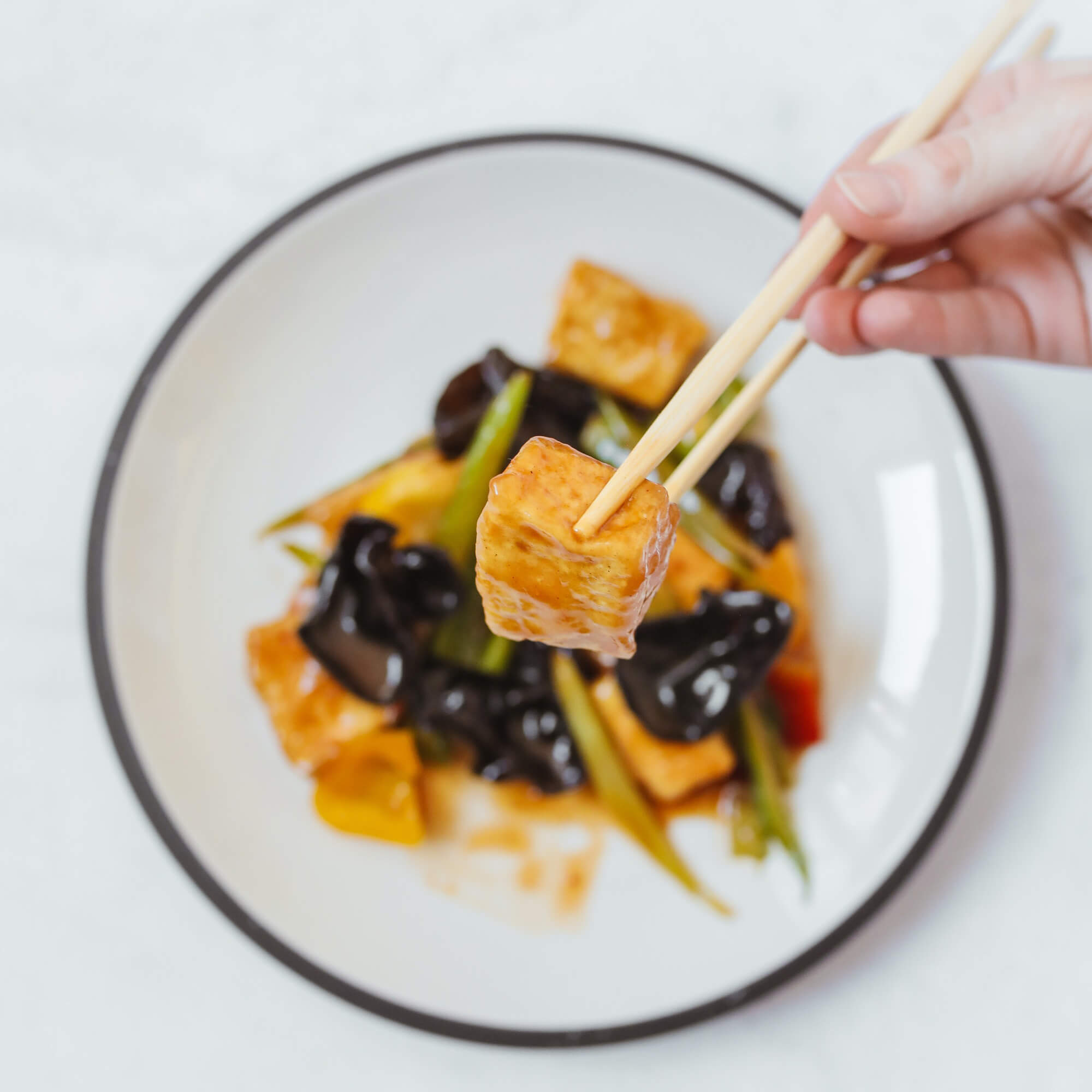
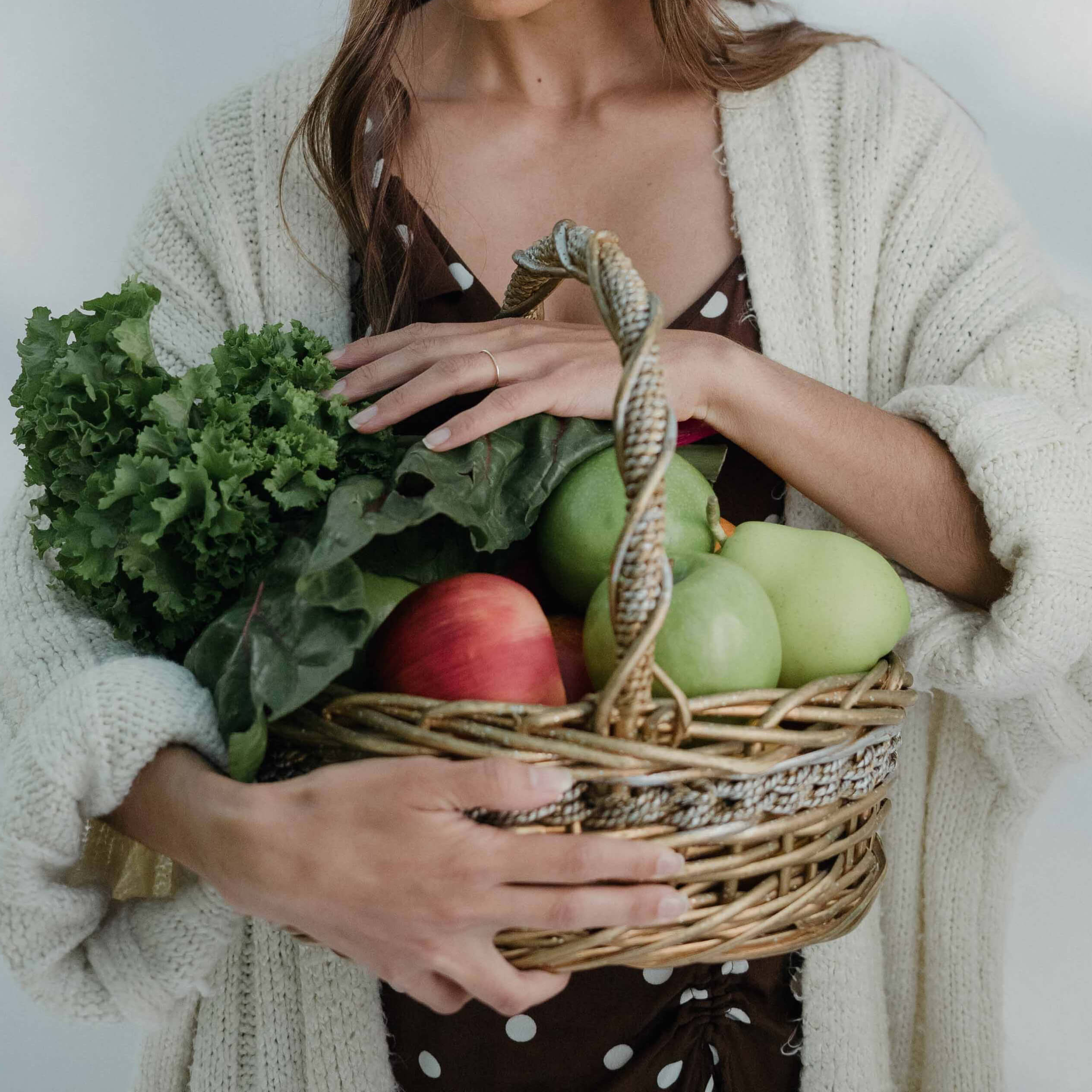

share
click to LEAVE A COMMENT